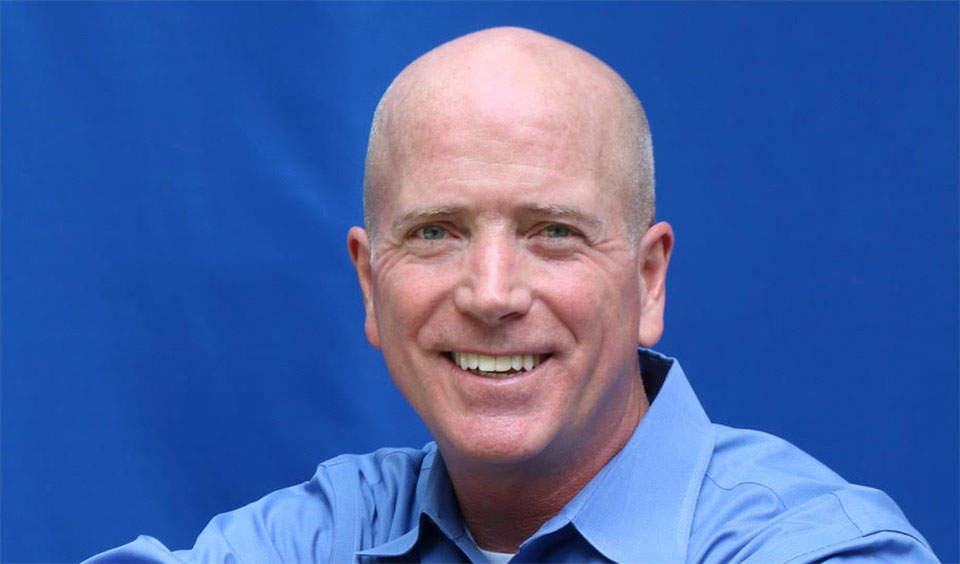To Make Growth Mindset Work, You’ve Got To Get To Its Roots

A great deal has been written about growth mindset and how it applies to leadership. The theory, originated by Stanford University psychologist Carol Dweck, argues that each and every one of us has the capacity to view the world as either limited or unlimited, closed or open or, in Dweck’s terminology, fixed or growth-oriented.
The idea is a powerful one, especially for anyone who leads or hopes to lead in an increasingly uncertain world. It’s links to innovation, adaptability, and resilience are self-evident and strong, which is why many leaders have resolved to adopt it. but there’s a catch, one that has so far limited the true potential of a growth mindset: While some leaders have adopted it personally, they’ve thus far chosen not to apply it organizationally. Calling out the obvious elephant in the room, this is problematic. It’s hard if not impossible to lever the power of something like growth mindset alone.
Why hasn’t growth mindset, by and large, been pursued organizationally? More importantly, what can leaders do to change that?
Counterintuitively, a key factor limiting the inherent potential is the choice to embrace growth mindset. Directly, that is. The fact of the matter is that a mindset is an outcome—not the thing you can somehow secure right away and up front, but what you arrive at later. Mindset of any sort takes practice, including trial and error. It requires alignment with other goals. It means tuning into and acknowledging blind spots as well. Any leader who can honestly say they personally have adopted a growth mindset will tell you that arriving at it was a more involved gradual, and part and parcel of an ongoing commitment, not a one-time resolution. Why should it be any less true for an entire organization? Spoiler alert: it isn’t.
In all the hoopla about the promises of growth mindset—more agility, better and more frequent innovation, adaptability and resilience, and a higher likelihood of creating value repeatedly, it’s easy to forget growth mindset’s roots. Dweck’s research and that of many others (including my own more than 30 years of research in creativity, entrepreneurship, and leadership) makes it clear that every human is born with an intense drive to explore and learn, in other words, to grow. Each of us is built to stretch beyond what we know and are capable of in this moment, and preprogrammed to absorb the shocks of trial and error and find a smarter way forward. The problem isn’t that we lack the capacity, the problem is that ability gets covered up. What Dweck wondered was this: “What is it that puts an end to this exuberant learning?” That, as it turns out, is the magic question—a question that holds the power to cultivating growth mindset. It’s the very question that any leader who seeks to have his or her organization grow and thrive in the future must put first and more, pursue collectively.
Rather than ask, “how do we get a growth mindset right now, in this moment?,” start instead by asking what it is about your organization that limits exuberant learning. As you do, take note of where the true power lies. First, it’s an atypical question—the very kind that over time and with practiced use proves fundamental to the growth mindset. Just by asking it you’re training your brain to the kind of fundamental thinking that leads to growth. Second, exuberant learning is a vastly different kind of learning than the more familiar learning linked to simple training in how to do one’s job. Exuberant learning is explorative rather than executional. In today’s highly competitive and decidedly volatile environment, every organization needs both. Finally, explorative thinking isn’t inevitable thinking. It’s simply exploration—of what’s still relevant, of what could be better, and of what’s yet possible. Exploring doesn’t imply a blind cliff jump into disruption and new ways. It reflects a willingness to revisit what’s assumed in order to validate the relevance of those assumptions. It’s a conscious opening up to what’s there—threats, as well as opportunities—a choice to see, rather than to ignore. And to truly see takes many eyes. This can only happen in a lasting way if an entire organizational culture is encouraged and rewarded for seeing not just what is today, but what could be, even must be, tomorrow and beyond. When you pursue growth thinking in this way, you can feel your organization’s resiliency and impact beginning to grow. It’s the first and most crucial step towards a mindset ongoing.
Written by Larry Robertson. Have you read?
Best Countries to Headquarter Multinational Corporations (MNCs).
Best Countries For Retirement.
Best Countries For International Students.
Bring the best of the CEOWORLD magazine's global journalism to audiences in the United States and around the world. - Add CEOWORLD magazine to your Google News feed.
Follow CEOWORLD magazine headlines on: Google News, LinkedIn, Twitter, and Facebook.
Copyright 2025 The CEOWORLD magazine. All rights reserved. This material (and any extract from it) must not be copied, redistributed or placed on any website, without CEOWORLD magazine' prior written consent. For media queries, please contact: info@ceoworld.biz








